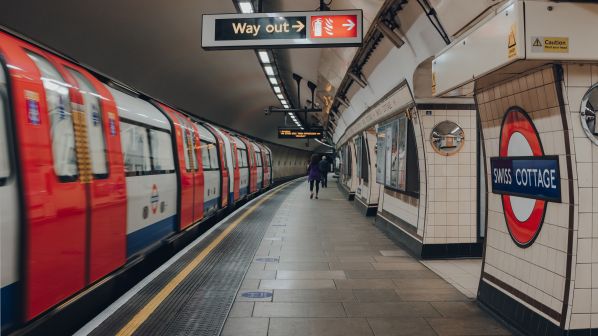THE British government is providing Transport for London (TfL) with an additional £1.08bn funding until December 11. However, there are conditions attached including the introduction of full automation on at least one London Underground (LU) line.
It means that since the start of the pandemic, TfL has received more than £4bn in government support.
TfL will receive the money in six instalments, with the first paid on June 7, but it’s recognised that the government will top up revenues with additional grant payments should they be lower than a pre-determined passenger revenue forecast. However, if passenger levels are higher then TfL must repay the excess at the end of the funding period. This provides TfL with certainty it will receive income equivalent to £1.78bn in passenger revenue over the 2021 funding period in addition to the £1.08bn.
Within the latest funding period, London mayor Mr Sadiq Khan has agreed to: deliver £300m savings or new income sources in 2021 to 2022; identify new or increased sources of revenue for TfL of £500-1bn each year from 2023; prepare a plan to accelerate TfL’s existing £730m modernisation programme by April 2023; review TfL’s ”generous” pensions scheme; and prepare a revised medium-term capital investment programme.
TfL will also carry out a joint review with the government of demand on London’s transport network to ensure service levels are appropriate.
A joint TfL/Department for Transport (DfT) programme will also explore introducing higher levels of Automatic Train Operation (ATO) on LU. Over this latest funding period it’s expected that progress towards the conversion of at least one LU line to full automation will be made, albeit with an on-board attendant.
“This financial package will support London and its transport network through the pandemic, and ensure it is a modern, efficient and viable network for the future,” says Britain’s secretary of state for transport, Mr Grant Shapps.
“Throughout this process, the government has maintained that these support packages must be fair to taxpayers across the UK and on the condition that action is taken to put TfL on the path to long-term financial sustainability.”
However, Khan called the deal a “sticking plaster,” adding that while TfL will work on a business case for driverless trains, he has made it clear to ministers that it will object to any future requirements forcing TfL to implement driverless trains on the LU network, calling it a gross misuse of taxpayers’ money.
“I want to be honest with Londoners; this is not the deal we wanted, but we have fought hard to get it to the best place possible,” Khan says.
London transport commissioner, Mr Andy Byford, said the deal means TfL must find a further £900m in savings or new income this year compared with the approved budget, and on top of the £730m of savings already assumed in its business plan.
Byford says the pandemic proved the TfL financial model, which relies heavily on fare revenue, was not fit for purpose.
He said the new funding agreement would enable TfL to operate near full service levels, adding that passenger numbers were at nearly 60% of pre-pandemic services.

